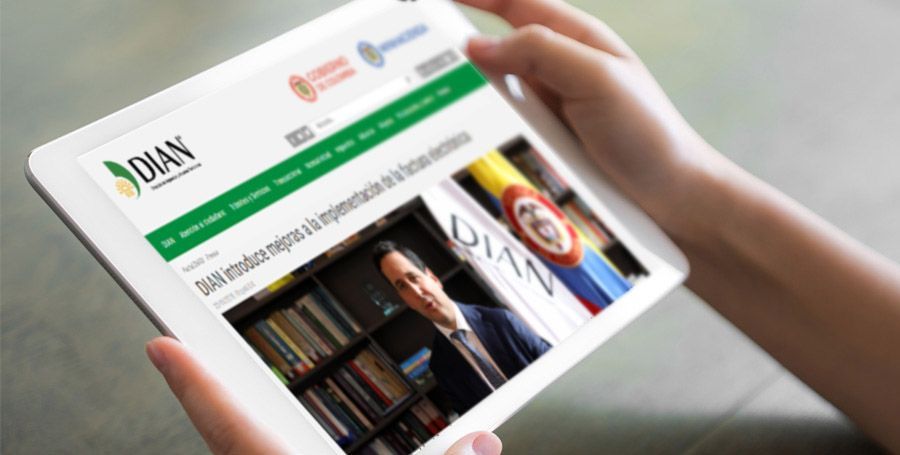The DIAN in this last issued statement highlighted the improvements it will make in the invoice validation process since currently in this first phase, the process is designed so that the electronic invoice is verified by the DIAN once it is generated, while With the improvements that have been raised in the second phase, the validation would be made by the DIAN prior to the generation of the invoice in real time, with the possibility of subsequent validation in case of contingency due to technological difficulties of the Administration. In addition to this, the DIAN indicated that all these technological developments would be compatible with the systems that companies and technological suppliers have already acquired.
E- invoicing in Colombia is regulated according to Decree 2242 of 2015, in this Decree the National Government promoted the use of electronic invoicing, establishing regulations, conditions of issuance and interoperability for the purpose of mass and fiscal control.
Subsequently in the Decree 1819 of 2016 in its second transitory paragraph of Article 308 established that taxpayers responsible for VAT and National Consumption Tax, should issue electronic invoice from January 1, 2019, reserving the DIAN the power to select contributors to issue electronic invoice during the taxable years 2017 and 2018.
Based on this, the DIAN, through Resolution 000072 of 2017, established that all taxpayers who, as of December 29, 2017 and during the previous five years, requested electronic invoice ranges according to the model established by Decree 1929 of 2007 are required to invoice electronically according to the model established in Decree 2242 of 2015. This obligation disables electronic invoicing of Decree 1929 as of December 31, 2017.
Through resolution 10 of February 6, 2018, the DIAN selected the large taxpayers who were to begin the electronic invoicing process as of June 1, 2018, with its implementation being required on September 1, 2018. In the same way , the DIAN clarified that taxpayers who requested an extension and that it had been authorized would have a deadline of December 1, 2019 for its implementation.
However, according to a statement issued by José Andrés Romero Tarazona (Director of the DIAN) of November 22, 2018, the Large Taxpayers who had to start electronic invoicing on December 1, and who have justified technical or commercial difficulties, will be able to normalize their maximum income on January 01, 2019.
The rest of the taxpayers that do not belong to the group of large taxpayers will have to implement electronic invoicing progressively in 2019, depending on their economic activity, and according to the schedule that the DIAN will establish in coming days.



